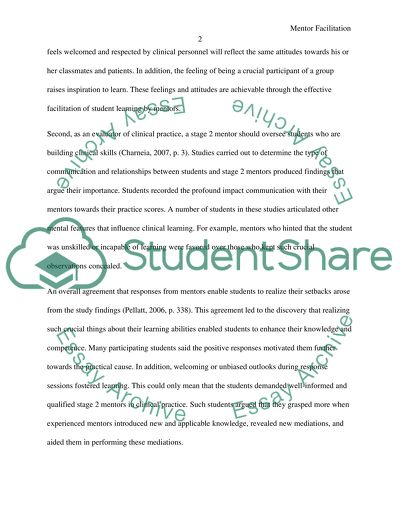Cite this document
(“Learning For Students in Clinical Practice Essay”, n.d.)
Learning For Students in Clinical Practice Essay. Retrieved from https://studentshare.org/nursing/1651796-learning-for-students-in-clinical-practice
Learning For Students in Clinical Practice Essay. Retrieved from https://studentshare.org/nursing/1651796-learning-for-students-in-clinical-practice
(Learning For Students in Clinical Practice Essay)
Learning For Students in Clinical Practice Essay. https://studentshare.org/nursing/1651796-learning-for-students-in-clinical-practice.
Learning For Students in Clinical Practice Essay. https://studentshare.org/nursing/1651796-learning-for-students-in-clinical-practice.
“Learning For Students in Clinical Practice Essay”, n.d. https://studentshare.org/nursing/1651796-learning-for-students-in-clinical-practice.


